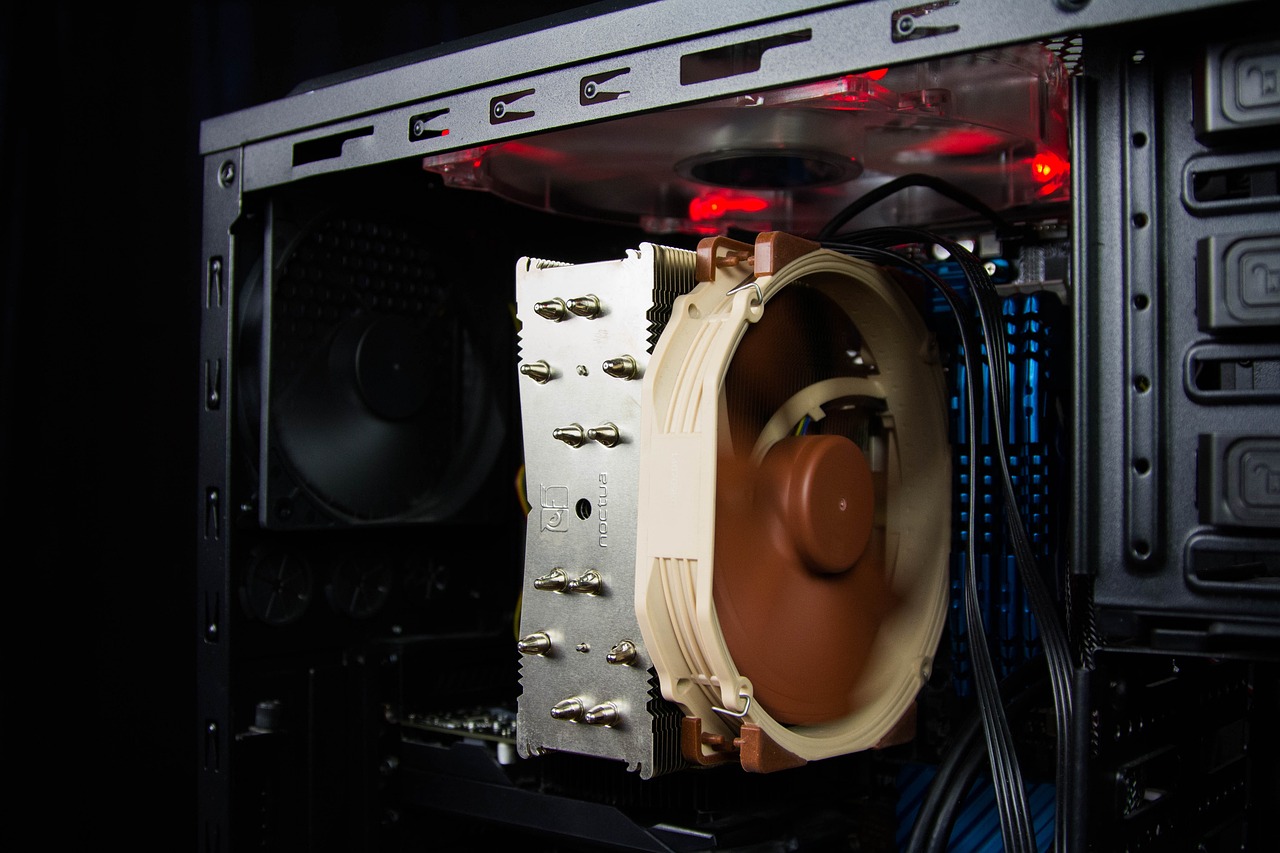When it comes to choosing a computer, one of the most fundamental decisions you might face is between a PC and a Mac. Both platforms have loyal user bases and offer distinct experiences. This article aims to demystify the primary similarities and differences between PCs and Macs, helping you make an informed decision that suits your needs, even if you’re not tech-savvy.
What is a PC?
The term “PC” stands for “Personal Computer” and typically refers to computers that run on Microsoft’s Windows operating system. PCs are manufactured by a wide range of companies, such as Dell, HP, Lenovo, and Asus, providing a broad spectrum of models that vary significantly in price, design, performance, and features.
What is a Mac?
A Mac refers to the line of computers developed and sold by Apple Inc. Mac computers run on macOS, Apple’s proprietary operating system. The product line includes models like the MacBook Air, MacBook Pro, iMac, and Mac Pro. Macs are known for their distinctive, stylish designs and are generally geared towards premium consumer and professional markets.
Key Similarities
- Core Functionality: Both PCs and Macs are capable of performing common computing tasks such as browsing the internet, checking email, playing videos, and running a wide variety of applications and software designed for personal or business use.
- Software Compatibility: Many popular software applications, including Microsoft Office, Adobe Creative Suite, and web browsers like Google Chrome and Mozilla Firefox, are available for both systems.
- Internet Connectivity: Both types of computers can connect to the internet via wired or wireless connections and support standard peripherals like printers, external drives, and monitors.
Key Differences
- Operating System: The most fundamental difference is the operating system. PCs run Windows, which is known for its flexibility and ubiquity across various hardware. Macs run macOS, known for its sleek interface and strong integration with other Apple products like the iPhone and iPad.
- Hardware Customization: PCs offer a wider range of hardware options and configurations due to the variety of manufacturers and compatibility considerations. It’s easier to find a PC that fits specific needs, whether it’s a powerful gaming machine, a budget laptop, or a versatile 2-in-1. Macs, however, offer limited customization options since they are only produced by Apple.
- Cost: PCs generally provide more options at lower price points compared to Macs, which tend to start at higher prices. Macs are considered premium devices and are priced accordingly.
- Software Availability: Some software, particularly specialized business and gaming software, may only be available for Windows. Conversely, Apple’s macOS has exclusive access to some professional-grade applications like Final Cut Pro for video editing.
- User Interface: Apple’s macOS offers a different user experience, focused on a clean, minimalistic design compared to Windows. Windows provides a more customizable interface that can be adjusted in many ways to suit different user preferences.
- Security: Macs are generally regarded as being more secure out of the box, partly due to macOS’s integration and smaller market share which makes it a less frequent target for malware. However, Windows computers can be secured with a bit of additional effort and security practices.
Conclusion
Choosing between a PC and a Mac largely depends on personal preference, budget, and specific needs. If you value extensive customization, broad compatibility, and a wider range of prices, a PC might be the best choice. If you prefer a system that works seamlessly with other devices, offers a high degree of security and user-friendliness, and budget is less of a concern, a Mac could be the way to go.
No matter which you choose, both PCs and Macs offer powerful computing capabilities and a wide range of functionalities to support both personal and professional computing needs.

